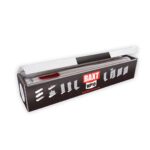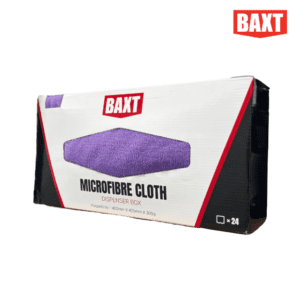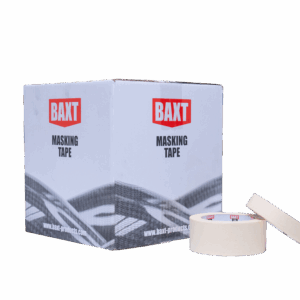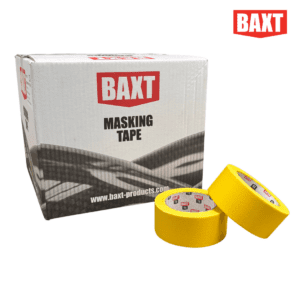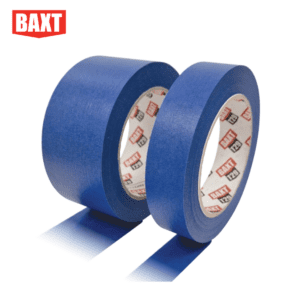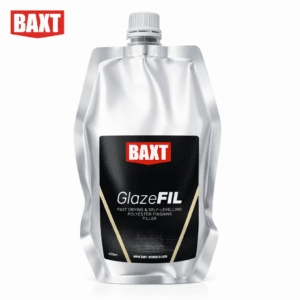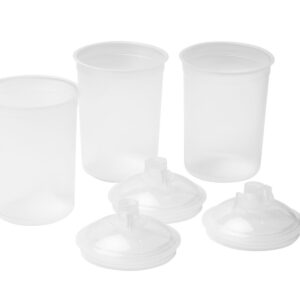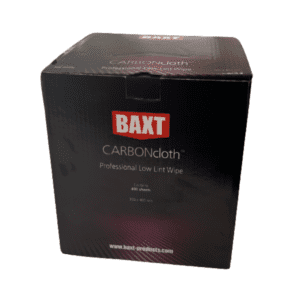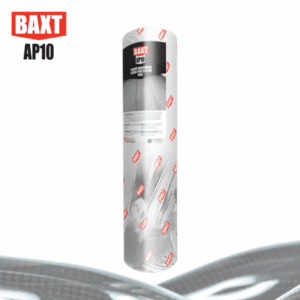-

Composites
Aeronix PTFE Adhesive Release Tape (millionaire’s tape)
-

Fillers
BAXT Jasper Gold Polyester Filler 3L
-

Cloths & Wipes
BAXT Microfibre Cloth Dispenser Box
-

Masking
BAXT T5 Masking Tape
-

Booth Coatings
BAXT LayerLOCK 6 Layer Booth Protection System
-

Tape
BAXT T6 Masking Tape
-

Tape
BAXT T29 Premium 14 Day UV Resistant Masking Tape
-

Fillers
CARBONfil High Temp Black Polyester Filler – 1KG
-

Fillers
BAXT GLAZEfil Flowable Filler 450ml
-

Paint Cups
BAXT Paint Dispenser System Kit
-

Cloths & Wipes
BAXT CARBONcloth
-

Films
BAXT AP10 – Liquid Absorbing Floor Protection Roll
Paintshop Supplies
Our paintshop supplies range provides everything professionals need for flawless surface preparation and finishing. From high-performance coatings, fillers, and polishes to precision painting ancillaries, cloths, and protective products, each item is chosen for durability, reliability, and consistent results across industrial and automotive applications.
Whether you’re refinishing vehicles, maintaining equipment, or performing large-scale production finishing, our products support every stage of the process — from preparation and application to protection and clean-down. Complemented by quality brushes, rollers, stirrers, masking materials, and protective films, the DTC paintshop range ensures efficiency, precision, and professional standards in every job.
Discover trusted brands and trade-grade solutions that keep your paintshop performing at its best — delivering smooth finishes, lasting protection, and dependable quality.
Coatings | Fillers | Painting Ancilliaries | Polishing | Preparation | Protection | Spray Booth Maintenance | Spreaders



